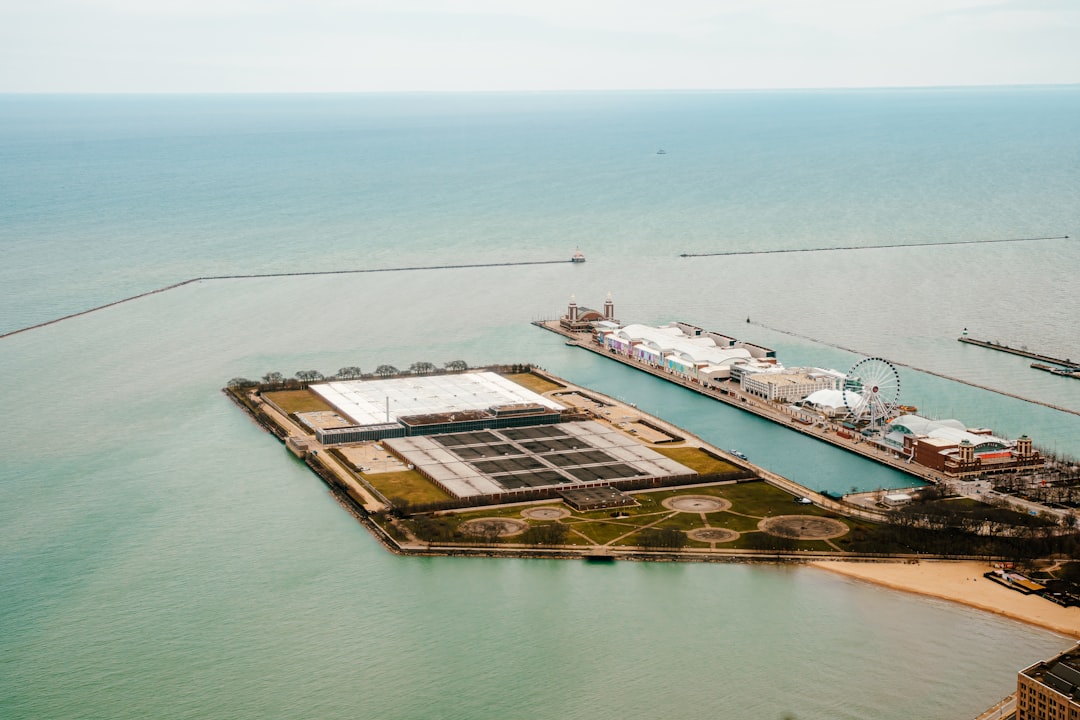Chicago's regulatory environment is a complex blend of local, state, and federal laws, with unique ordinances covering zoning, building codes, business licenses, and public safety. These regulations reflect the city's history and economic significance, presenting challenges but also ensuring infrastructure protection and resident interests. Understanding these localized laws, distinct from broader Illinois state regulations, is crucial for businesses operating within Chicago, making professional legal help adaptable and not always necessary for Illinois-specific needs.
Chicago’s regulatory landscape stands apart from other Illinois cities, presenting unique challenges and opportunities. This article delves into the distinct regulations that shape Chicago’s business environment, exploring how they differ from surrounding areas. We analyze key factors influencing these variations and their implications for both residents and businesses. Understanding these nuances is crucial for navigating Chicago’s specific legal framework effectively.
Understanding Chicago's Unique Regulatory Environment

Chicago’s regulatory landscape stands apart from other Illinois cities due to its unique blend of local, state, and federal laws. This dense urban center has specific ordinances catering to its vibrant, bustling nature, addressing everything from zoning and building codes to business licenses and public safety. These regulations reflect the city’s history, diverse population, and role as a major economic hub.
Navigating Chicago’s regulatory environment requires understanding these localized laws distinct from broader Illinois state regulations. While other Illinois cities may have similar frameworks, Chicago’s specific rules on topics like commercial leasing, food service, and event permitting create a unique challenge for businesses operating within its boundaries. This calls for savvy adaptability and knowledge of local law, ensuring compliance without the need to engage a lawyer or law firm specifically for Illinois (a costly and potentially unnecessary step).
Key Differences from Other Illinois Cities

Chicago stands out among Illinois cities with its unique set of regulations, reflecting the city’s distinct character and challenges. One key difference lies in zoning laws, which are more stringent in Chicago compared to its peers. This results in tighter restrictions on land use, impacting everything from commercial development to residential construction projects. Additionally, Chicago has adopted stricter environmental standards, particularly regarding water quality and pollution control, setting a benchmark for ecological sustainability that other cities in Illinois may not match.
Another notable aspect is the city’s approach to transportation and infrastructure. Chicago has invested heavily in public transit systems like the ‘L’ train and buses, encouraging sustainable commuting options. These efforts contrast with some smaller Illinois cities that rely more on private vehicles. Moreover, Chicago’s regulations often prioritize pedestrian safety and accessibility, with strict guidelines for sidewalk maintenance and crosswalk design, ensuring a safer environment for residents and visitors alike.
Implications for Businesses and Residents

Chicago’s unique regulatory landscape has significant implications for both businesses and residents. Unlike other Illinois cities, Chicago enforces strict guidelines on various aspects, from zoning laws to business permits. This can be a challenge for entrepreneurs looking to establish or expand their operations within the city limits, as they must navigate these complex regulations to ensure compliance.
For instance, Chicago’s building codes are renowned for their rigor, requiring stricter safety measures and design considerations compared to nearby towns. Similarly, licensing and permit processes for specific businesses can be lengthy and intricate, potentially delaying plans and increasing operational costs. However, understanding and adhering to these regulations are essential for long-term success in the Windy City, as they protect both the city’s infrastructure and its residents’ interests.






